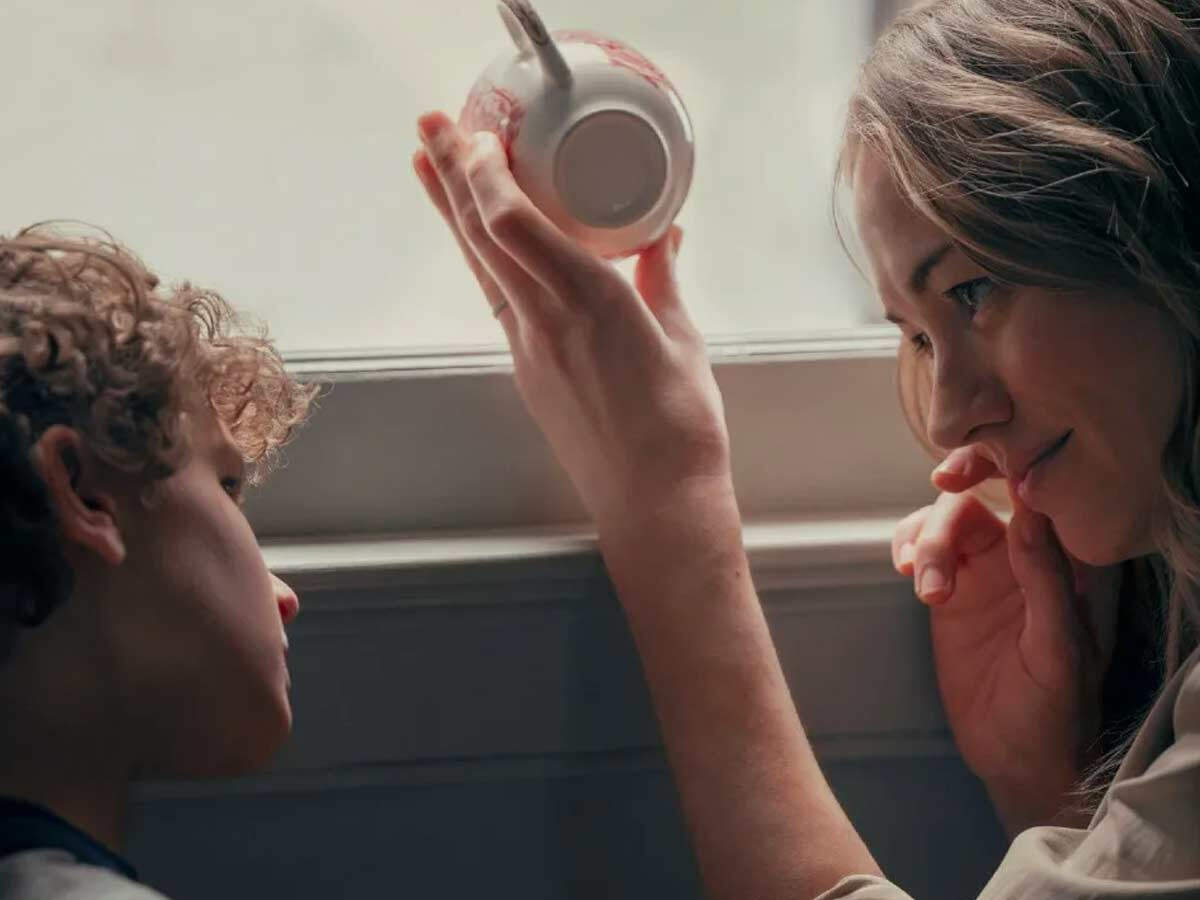What was your experience of working with James Wan on Teacup?
It was really great. James Wan did exactly what I really hoped he would do which was saying, “I’m here if you need me if you want ideas and suggestions. But until you do I’m going to step back and let you do whatever you want to do. To his credit, he kept to that and his entire company would say, “What if you did this?” and their suggestions are not mandates. They’d say this could make it scarier or this could be a cool thing to do. It was always something positive. They were always supportive. I’ve been doing this for a while but they are the best producers to work with.
What was the interesting thing about this project as a showrunner?
The hook for me was a story about isolation. Another producer years ago said that horror is about isolation and it was a lightbulb moment for me. This story has to do with being trapped and people who don’t perhaps get along coming together. And it’s what you do when you’re trapped in this pressure cooker. That drew me towards the show. How would I react in this situation? How do people deal with something that is beyond their control, confining and the stakes couldn’t be higher?

What is the key to making a good horror series?
I would say the mantra was “less is more.” That means you don’t have a lot of scares so when you do have scares, they’re effective. Effects, gore and creature moments should be used as little as possible. Like in Jaws, you don’t see the shark till the end. That makes it effective because if you see it throughout you get used to it. We also thought- how to maintain the high tension. Another thing we wanted was practical effects, something that’s on the set with the actors as opposed to CGI. Having something for the actors to react to is important. Audiences have seen so many things, they can tell if it’s not really there. If it’s really there we know it’s impossible but it feels more real. The hope is that there will be more of a reaction.
What are some of the challenges when it comes to adaptation?
The biggest challenge for me was when I told James Wan and Atomic Monster company that I read this book and I was going to write an adaptation. If you like it we’ll make it, if you don’t like it, you don’t have to. And the reason I said that was because I changed 95 per cent of the book. The challenge is when you show them your script, they don’t like it and you don’t get to make it. Luckily, they understood why I made it. You just have to convince people that what you’re doing is the right way to go about it. There is no specific right way but the production and the author of the book bought into the idea. So making sure everyone was on board was the real challenge.
Teacup is currently streaming on OTT.


